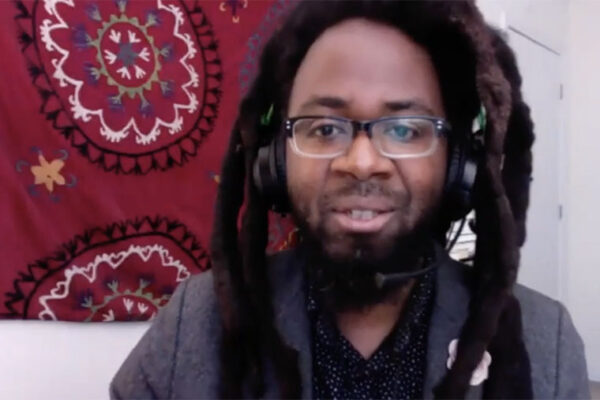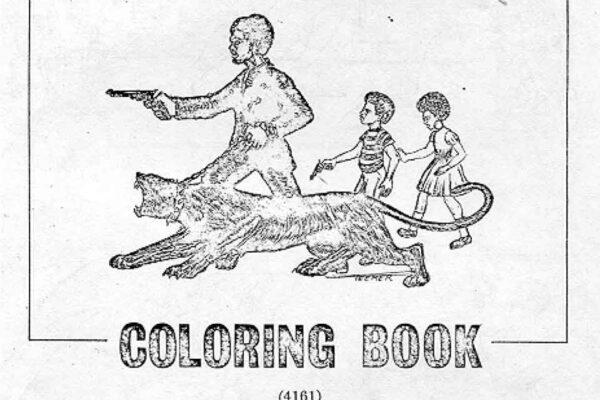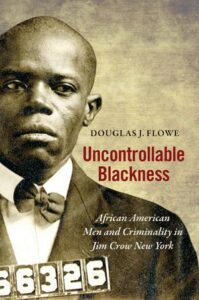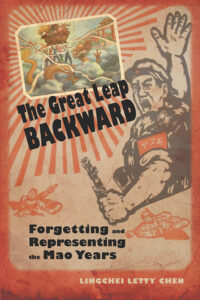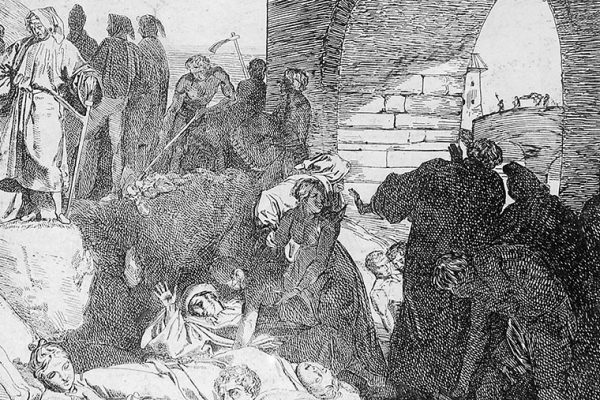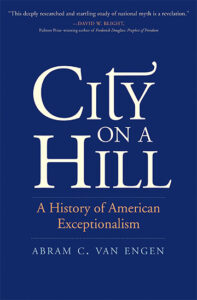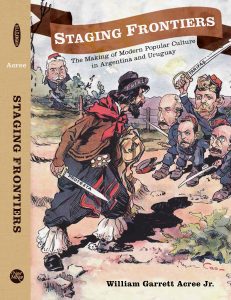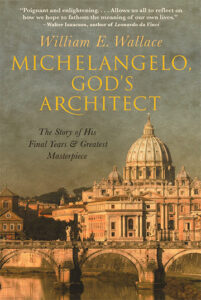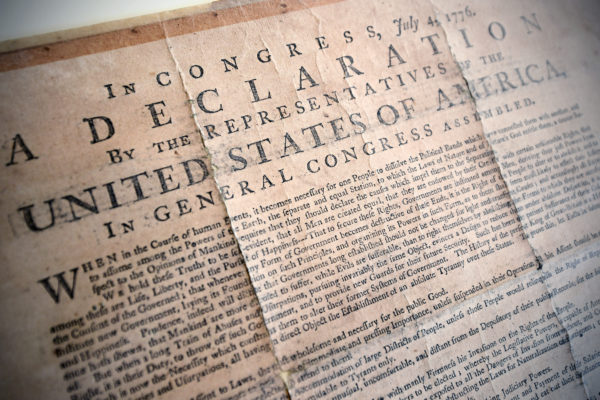Juneteenth and collective progress
Douglas Flowe, assistant professor of history, discusses the history of Juneteenth and its continued resonance for all Americans.
When the conspiracy is real
Umbrella Man. Outside agitators. Agents provocateur. As protests sparked by the killing of George Floyd continue, conspiracy theories and “false flag” charges have flown fast and furious. But sometimes the conspiracy is real. In “F.B. Eyes: How J. Edgar Hoover’s Ghostreaders Framed African American Literature” (2015), William J. Maxwell, professor of English in Arts & Sciences at Washington University in St. Louis, details a decades-long harassment campaign waged against prominent African American writers and activists.
Uncontrollable Blackness
African American Men and Criminality in Jim Crow New York
Early twentieth-century African American men in northern urban centers like New York faced economic isolation, segregation, a biased criminal justice system, and overt racial attacks by police and citizens. In this book, Douglas J. Flowe interrogates the meaning of crime and violence in the lives of these men, whose lawful conduct itself was often surveilled […]
The Great Leap Backward
Forgetting and Representing the Mao Years
It is now forty years after Mao Zedong’s death and the end of the Cultural Revolution, and more than fifty years since the Great Leap Forward and the Great Famine. During this time, the collective memory of these events has been sanitized, reduced to a much-diluted version of what truly took place. Historical and sociological […]
A history of social distancing
Rebecca Messbarger, professor of Italian and founding director of the Medical Humanities program in Arts & Sciences, speaks on social distancing from medieval Florence to Progressive Era St. Louis.
City on a Hill
A History of American Exceptionalism
A fresh, original history of America’s national narratives, told through the loss, recovery, and rise of one influential Puritan sermon from 1630 to the present day In this illuminating book, Abram Van Engen shows how the phrase “City on a Hill,” from a 1630 sermon by Massachusetts Bay governor John Winthrop, shaped the story of […]
Research finds slave trade’s effect on firm ownership persists today
While closely held ownership isn’t necessarily bad, research co-authored by a faculty member at Washington University in St. Louis’ Olin Business School suggests some African firms may miss 21st century growth opportunities without the ability to raise capital through shared ownership.
Staging Frontiers
The Making of Modern Popular Culture in Argentina & Uruguay
Swashbuckling tales of valiant gauchos roaming Argentina and Uruguay were nineteenth-century bestsellers. But when these stories jumped from the page to the circus stage and beyond, their cultural, economic, and political influence revolutionized popular culture and daily life. In this engaging book, William Acree delivers a deep history of Latin American popular entertainment that culminates in […]
Michelangelo, God’s Architect
The Story of His Final Years and Greatest Masterpiece
The untold story of Michelangelo’s final decades—and his transformation into one of the greatest architects of the Italian Renaissance As he entered his seventies, the great Italian Renaissance artist Michelangelo despaired that his productive years were past. Anguished by the death of friends and discouraged by the loss of commissions to younger artists, this supreme […]
What happened on July 4, 1776? Maybe not what you think
On that historic day 243 years ago, the Continental Congress adopted the Declaration of Independence. But it would be weeks before the Founding Fathers would actually sign the handwritten document now housed in the National Archives in Washington, D.C. In the meantime, official broadsides — one of which is showcased at Washington University in St. Louis — were printed and posted on the doors of courthouses across the nation.
Older Stories
